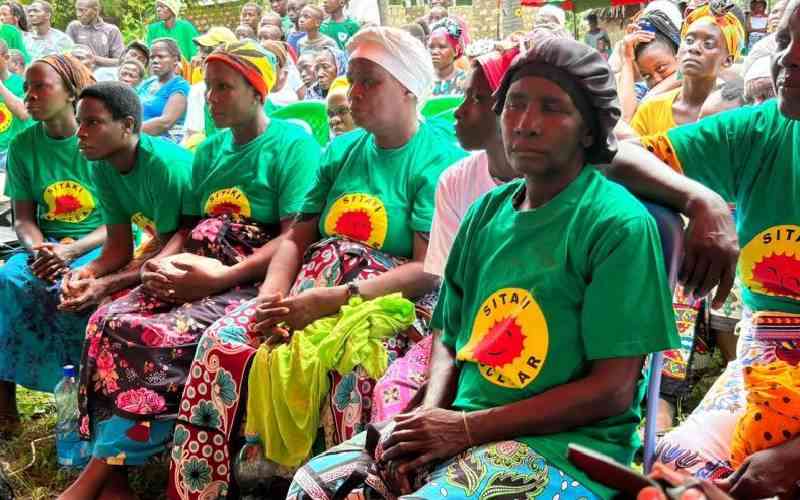×
The Standard e-Paper
Kenya’s Boldest Voice

The sleepy village of Uyombo in Kilifi County has been thrust into the global limelight following plans by the government to set up a nuclear plant in the area to generate electricity.
Kenya got the approval to build a nuclear power plant from the International Atomic Energy Agency (IAEA) in 2021, and the government has intensified efforts to build the nuclear plant by the year 2034.